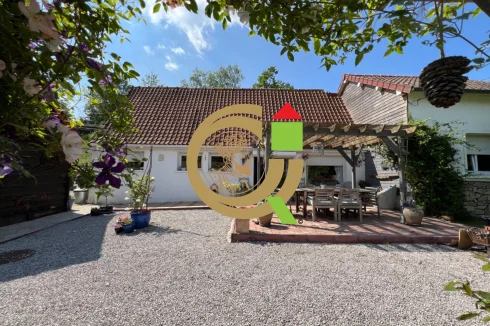French Tax Credits, Reductions and Allowances
Tuesday 05 May 2015
There are a confusing range of terms to explain the tax breaks to which taxpayers in France may be eligible.
The four main terms in common usage each have a slightly different meaning and purpose.
Tax Credit
Where the level of the tax credit exceeds the amount of tax that is payable then the person(s) concerned is entitled to receive a reimbursement from the taxman, in the form of a cheque.
Thus, if your French income tax liability in the year was €500, but you were entitled to a tax credit of €1,500, not only would you pay no income tax, but you would also be reimbursed a cheque for €1,000.
Even though you may not pay any income tax in France due to the level of your income, you are still entitled to a tax credit if you meet the eligibility criteria. As around 50% of households in France do not pay any income tax, the tax credit therefore comes in the form of a grant.
Accordingly, a tax credit applies, independent of your tax liability.
Although in recent years the French government has been substantially reducing the level of tax credits that are available, the most notable of those that remains is the crédit d'impôt en faveur du développement durable for works of energy conservation to the home.
Tax Reduction
By contrast, a réduction d’impôts merely lowers your tax liability, with no right to a payment greater than the level of your tax liability.
That means, of course, that unlike a tax credit, you need to be paying income tax in the first place in order to get the reduction.
Thus, if for example your tax liability in the year was €1,500 and you were entitled to a tax reduction of €500, your tax bill would be €1,000.
There are a range of payments that give access to a reduction in income tax, notably certain gifts, child care, home-help, business start-ups, certain types of investments, and for school children and students.
Allowances
Both tax credits and tax reductions need to be distinguished from tax allowances, called abattements.
An abattement is income that is not liable for income tax, which therefore reduces your taxable base.
The most notable example of an allowance is the 10% allowance for a salary, a pension and business costs.
Tax Relief
Finally, although all the above are forms of tax relief, where it is being granted on a more conditional basis, the tax relief is called a dégrèvement.
This relief may be frequently granted on grounds of income, age or medical condition.
Where complete exemption is granted, then this is called an exonération, which again may be granted on grounds of age, income or other factors.
Next Article: French Village London
Thank you for showing an interest in our News section.
Our News section is no longer being published although our catalogue of articles remains in place.
If you found our News useful, please have a look at France Insider, our subscription based News service with in-depth analysis, or our authoritative Guides to France.
If you require advice and assistance with the purchase of French property and moving to France, then take a look at the France Insider Property Clinic.





